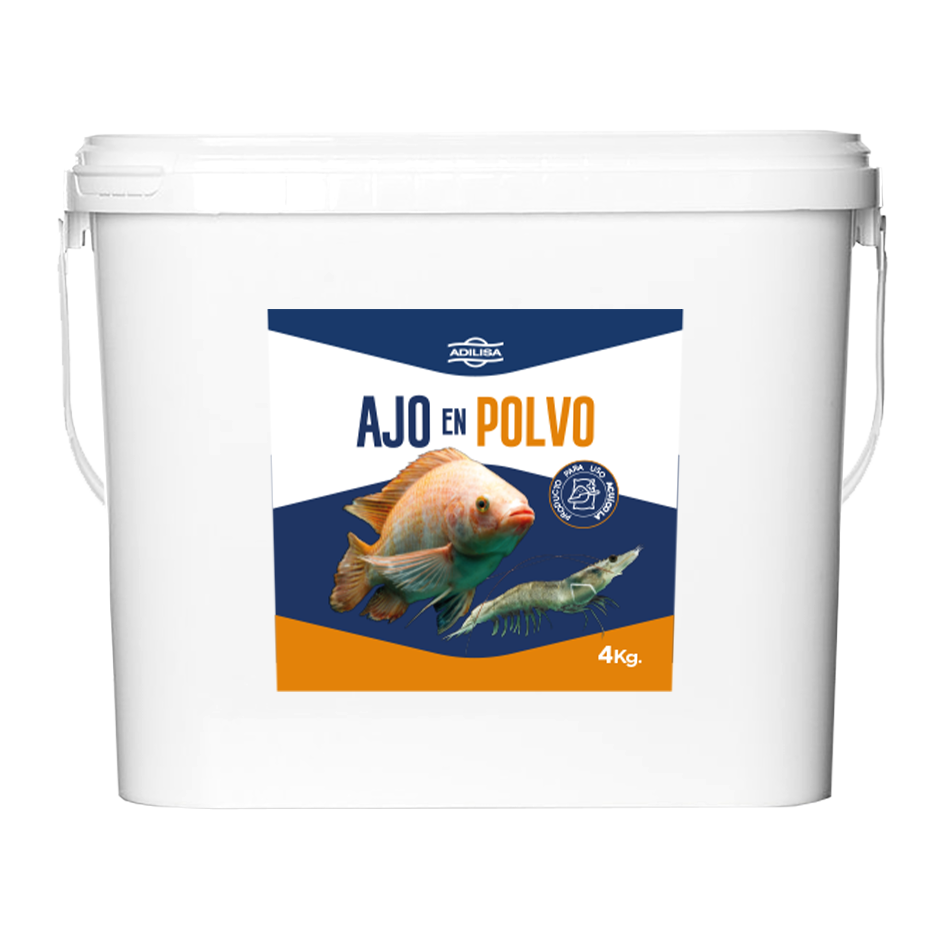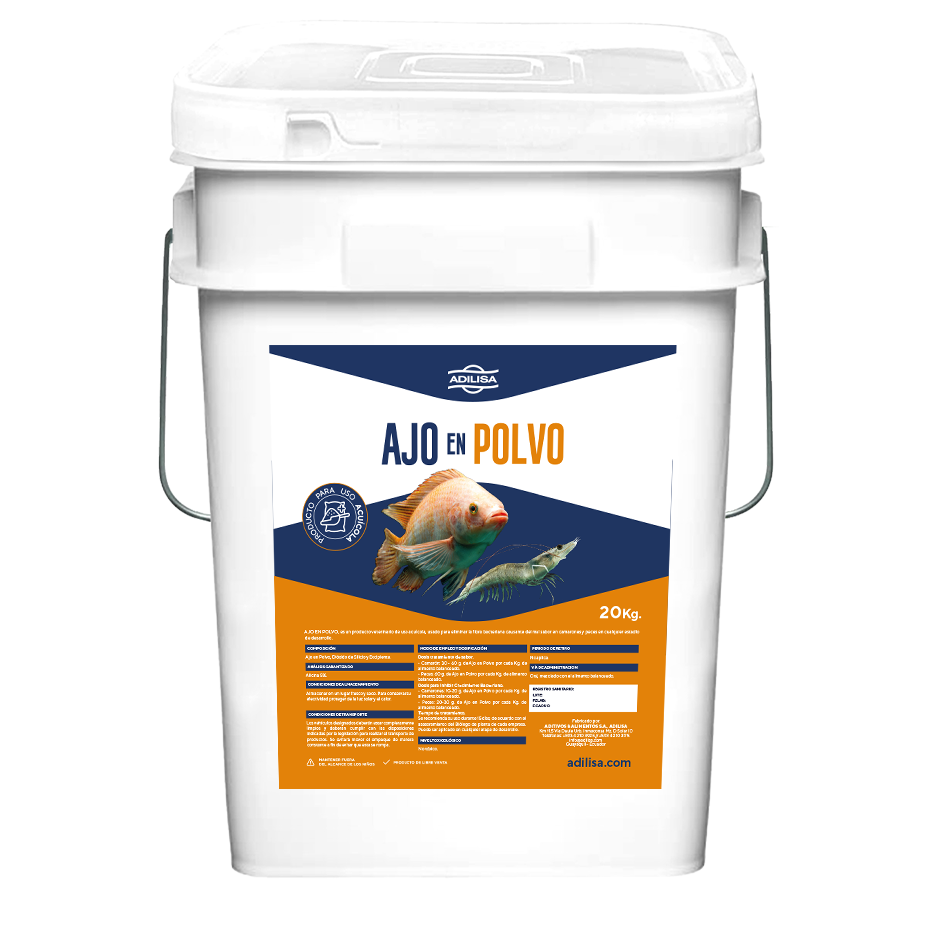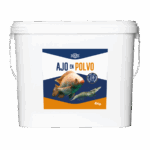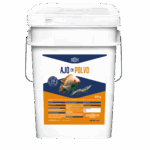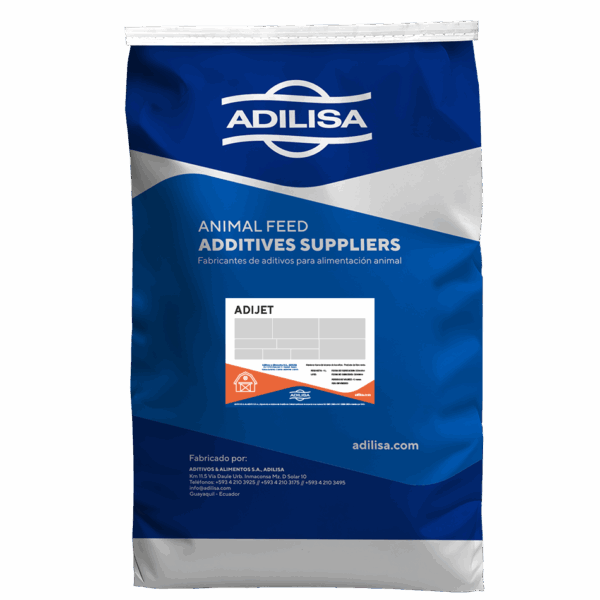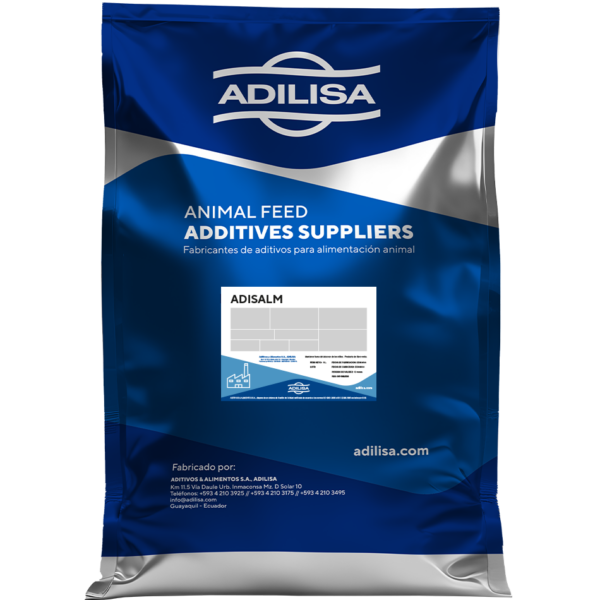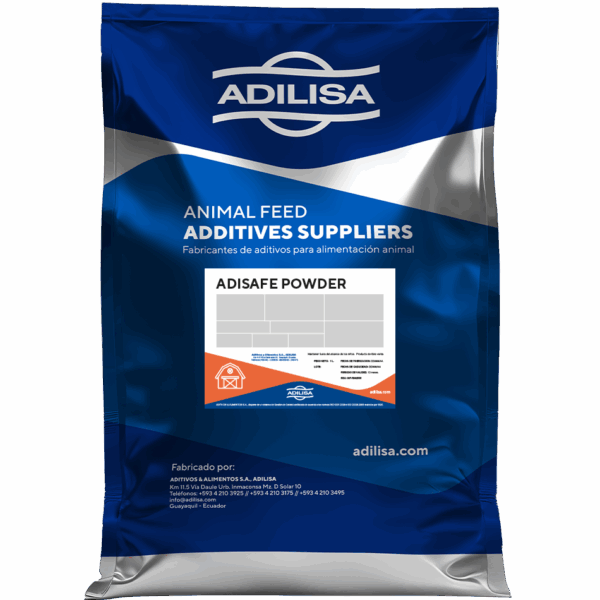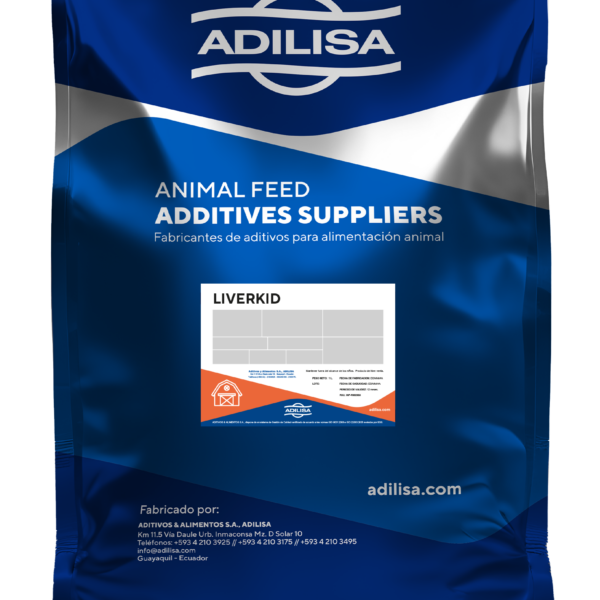The garlic extract contains allicin, the molecule responsible for the characteristic and unmistakable flavor and aroma of garlic. In an intact garlic clove, allicin is present at low concentrations; however, when garlic is cut, crushed, or damaged, allicin is formed in abundant amounts. This occurs because cutting or crushing garlic releases an enzyme called alliinase, which converts alliin—a odorless compound present in garlic—into allicin, the compound responsible for the fresh garlic’s flavor and smell.
Typically, 3-5 mg of allicin is produced, which is equivalent to one garlic clove or 0.5–1 g of garlic powder.
